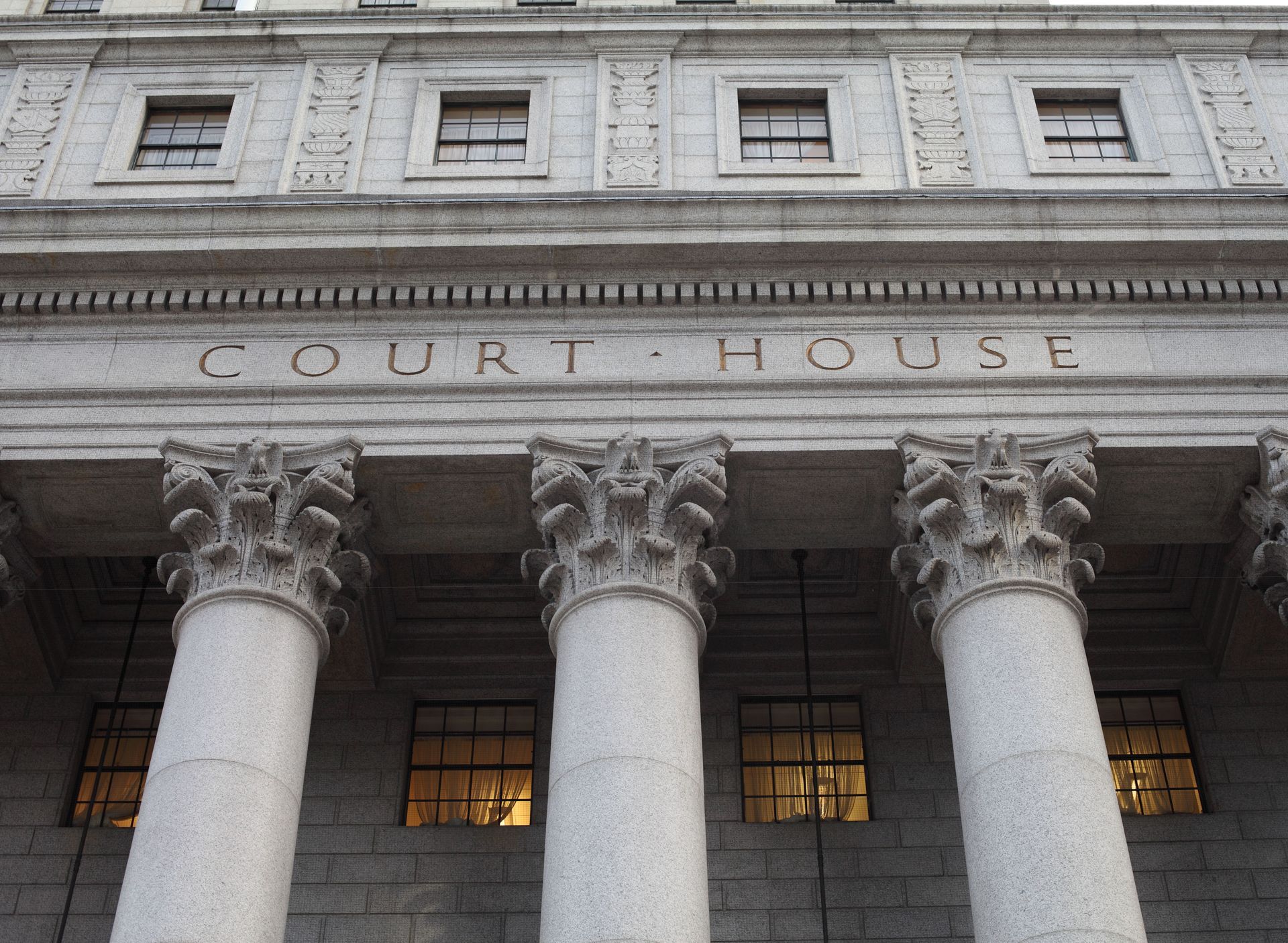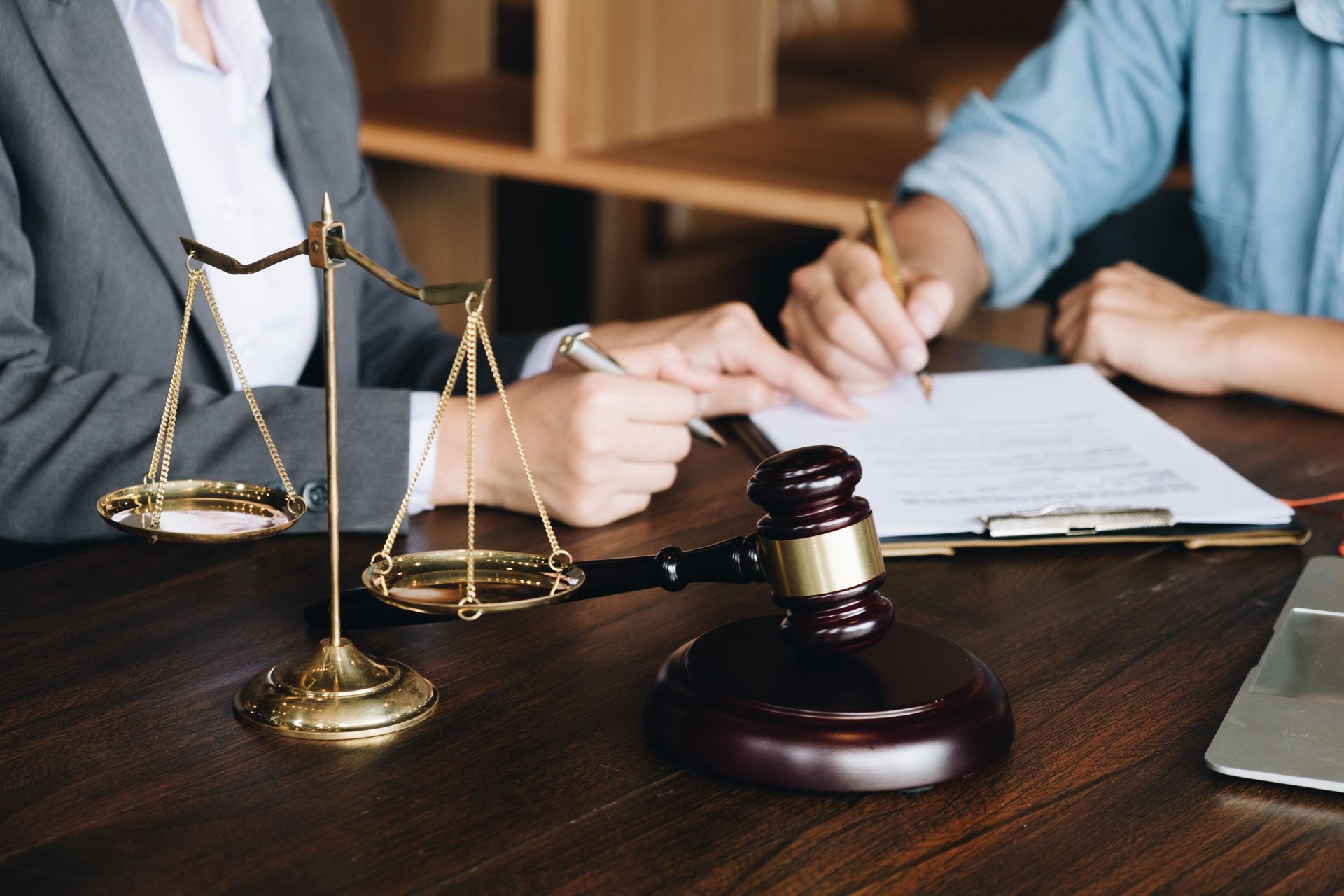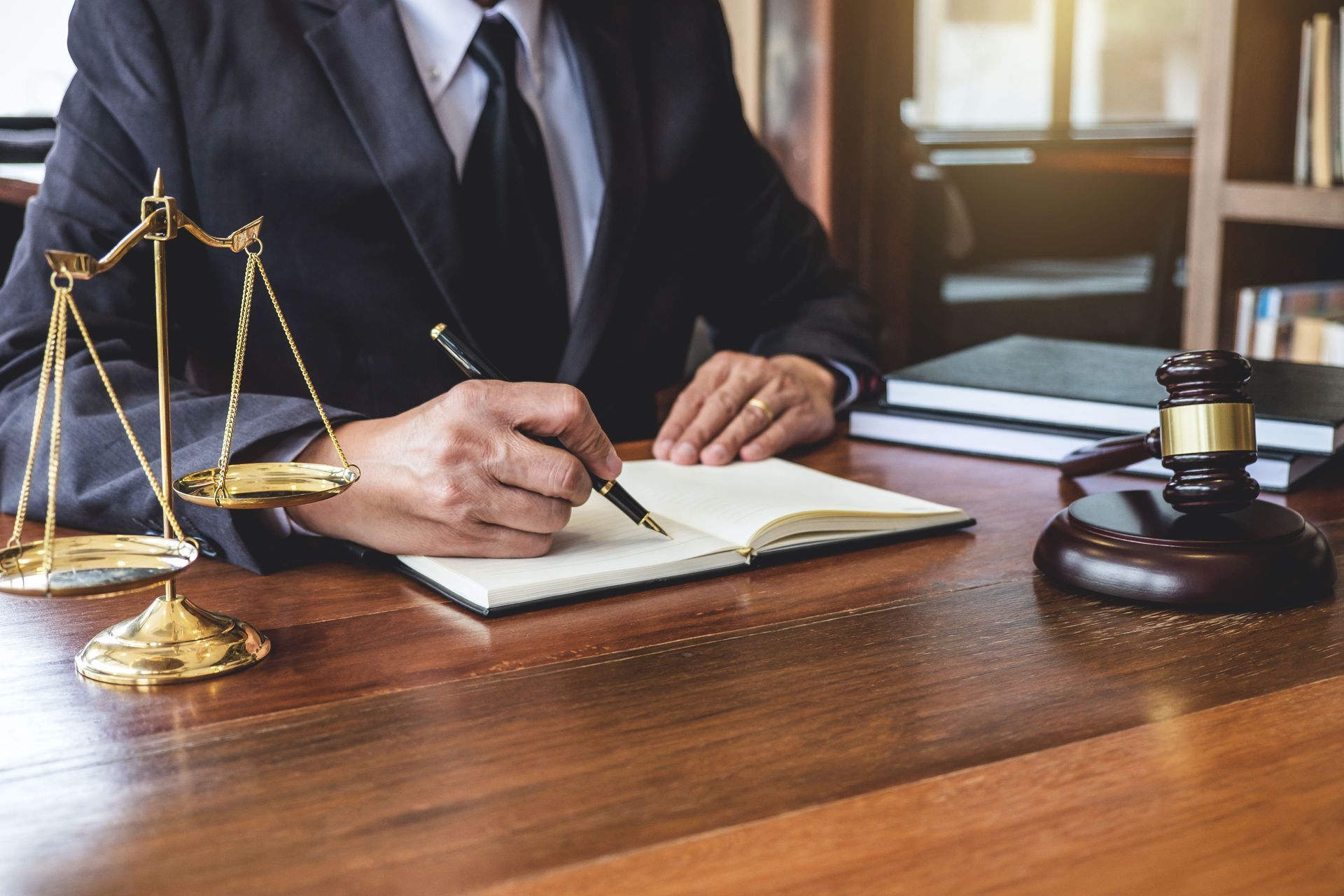October 10, 2025
Defense lawyers play an indispensable role in the justice system, advocating for clients and ensuring that their legal rights are upheld. They are tasked with the challenging responsibility of building a compelling case, navigating through complex legal frameworks, and offering their expertise to reach favorable outcomes. Understanding how they strategize and execute their responsibilities is crucial for appreciating the intricacies of legal defense work.
The defense lawyer's journey begins with an initial consultation with the client to assess the case's specifics. This consultation is pivotal in shaping the course of the defense plan. As legal experts, defense lawyers decipher and interpret the law in favor of their clients, essentially acting as their advocates throughout the judicial process.
As of today, there are over 252,159 defense attorneys employed across the U.S., according to Zippia, highlighting the necessity and prevalence of their role in society. These legal professionals are equipped with the knowledge, skills, and dedication required to navigate the intricacies of defense. Their strategic planning and execution can significantly impact the outcome of legal proceedings, emphasizing their crucial role in upholding justice.
Understanding the Client's Perspective
When a client approaches a defense lawyer, one of the first steps is to understand the client's perspective. This involves listening to their version of events and accounting for their emotional and psychological state. A complete picture of the client's situation allows the attorney to develop a personalized defense strategy. Establishing a rapport and showing empathy are key components that facilitate open communication. This initial consultation sets the tone for the entire defense, building a foundation of trust and cooperation.
The defense lawyer must assess the credibility and consistency of the client's narrative. First impressions can significantly influence the defense approach; hence, all details are meticulously noted and examined. Building trust between lawyer and client is essential, as it can greatly affect the transparency needed for a successful defense. The client's account helps the lawyer identify potential strengths and weaknesses in the case. This understanding forms the groundwork for gathering evidence and formulating a defense plan.
At this stage, the attorney discusses possible outcomes with the client. This includes evaluating plea options, potential verdicts, and sentences to ensure the client is informed about the possible directions the case might take. By outlining these possibilities, the lawyer can help manage the client's expectations. Such discussions further solidify trust, demonstrating the lawyer's commitment to the client's best interests. Ultimately, this initial consultation phase is crucial in aligning the client's goals with the legal strategy.
Gathering Initial Facts and Evidence
The process of gathering initial facts and evidence is integral to constructing a solid defense. Defense lawyers meticulously collect documents, witness statements, and any physical evidence pertinent to the case. This preparatory phase ensures that nothing is overlooked and every potential advantage is considered in the defense strategy. The collection of credible evidence supports the defense theory and is crucial in persuading the jury. Understanding the intricacies of the situation from all angles enables the defense to counter the prosecution's narrative effectively.
Moreover, the defense lawyer must be thorough in examining all details related to the case. This involves seeking any inconsistencies in the prosecution's evidence or potential investigatory oversights. In some cases, private investigators are engaged to gather crucial information that might have been missed. The aim is to build a robust defense that can withstand scrutiny during trial. Collecting initial evidence serves as the backbone of the legal strategy, providing substance and weight to the defense's arguments.
Legal counsel discusses the evidence gathered with the client, ensuring they understand its implications. This transparency prevents surprises during the trial and helps the client prepare for possible challenges. The lawyer also explains how the evidence aligns with the overall strategy and planned defense narratives. This mutual understanding reinforces the partnership between attorney and client and aids in maintaining a united front during legal proceedings. The initial gathering of evidence is not only informative but pivotal in crafting an effective defense approach.
Identifying Key Legal Issues
Identifying key legal issues is a fundamental task for defense lawyers, as it determines the direction of the defense strategy. This involves analyzing the facts and evidence to pinpoint potential violations of rights, procedural errors, or substantive legal issues. By focusing on these areas, the defense can exploit weaknesses in the prosecution's case. Recognizing these legal issues is an exercise in discerning which aspects of the law are most applicable to the defense. A keen understanding of these elements is essential for successfully challenging the prosecution.
Defense attorneys draw upon extensive legal knowledge to interpret laws, statutes, and precedents pertinent to the case. They assess the legal landscape, considering how these elements interact with the facts. By identifying legal issues early, the defense can position itself advantageously. This foresight allows for the development of a comprehensive and well-rounded defense strategy. It also aids in preparing for court motions, such as dismissals of evidence or other pre-trial challenges.
Communicating identified legal issues to the client is vital for ensuring they understand the defense strategy. The lawyer must explain how these issues impact the case and what legal arguments will be presented in court. This proactive communication fosters confidence and assures the client that their legal representatives are diligently championing their case. Identifying these issues early often paves the way for negotiations or potential settlements. By laying bare the weaknesses in the prosecution's argument, the defense can advocate more effectively on behalf of the client.
Discussing Possible Outcomes
Engaging in a discussion about possible outcomes with defense lawyers is a crucial aspect of the client consultation process. Defense attorneys must provide realistic assessments of what the case may yield, based on gathered facts and legal complexities. This conversation includes exploring potential plea deals, trials, and appeals, informed by the evidence and judicial trends relevant to the case. Offering such insights not only prepares the client mentally but also helps form an informed consent between the client and their legal counsel. These discussions are guided by both legal precedent and the lawyer’s experience in similar cases.
The defense attorney’s role extends to advising clients on potential outcomes, including the implications of a guilty plea or the prospects of an acquittal. By mapping out these scenarios, the attorney ensures the client understands both best and worst-case possibilities. Legal options are clearly laid out, providing clarity as the case moves forward. The lawyer emphasizes the choice that aligns best with the client's goals while carefully managing expectations. Transparency about potential outcomes develops a cooperative relationship and supports shared decision-making between attorney and client.
Clients often find comfort in comprehending what lies ahead, which mitigates some anxiety associated with legal proceedings. Clear communication regarding outcomes fortifies the attorney-client relationship, fostering trust and confidence. Such discussions underscore the lawyer's dedication to the client’s case, highlighting their commitment to securing the most favorable result possible. By understanding potential outcomes and associated risks, clients can make informed decisions about their legal strategies and future.
Defense lawyers are central to protecting justice, guiding clients through legal challenges with skill and dedication. Their ability to assess cases, uncover key issues, and communicate effectively underscores their value. By safeguarding rights and striving for fair outcomes, defense lawyers remain an essential part of a balanced and just legal system. Contact Michael J. Rogers, P.C., today to get started with our services.




